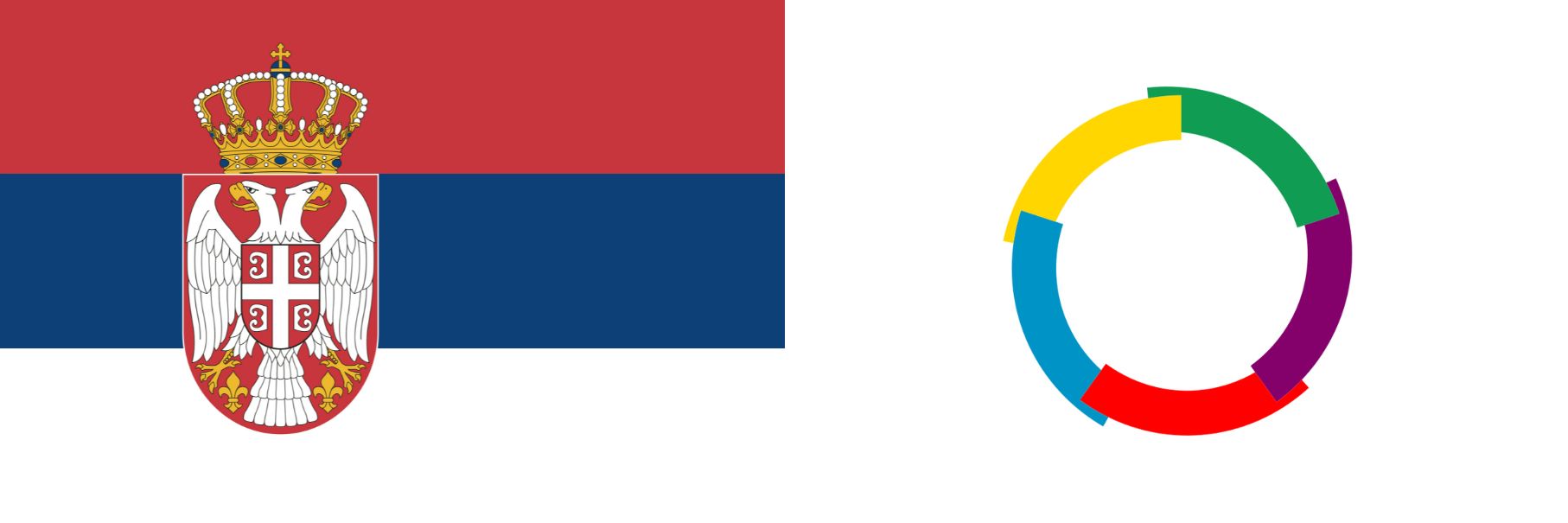International Organisation of La Francophonie

International Organisation of La Francophonie (OIF) comprises 88 members (54 full members, 7 associate members and 27 observers1). These countries use French as their national language, an official language, a language of international communication and as a working language. The Agency for Cultural and Technical Cooperation (ACCT), founded in 1970, transformed into the International Organization of La Francophonie in 1986. The organization's motto is "equality, complementarity and solidarity". The OIF is able to attend the UN Security Council sessions, in observer status. La Francophonie sees its role in promoting cultural and linguistic diversity and supporting the study of the French language, but also in promoting peace, democracy and human rights, and developing cooperation in the function of sustainable development and solidarity. The headquarter of the OIF is in Paris, with branches in Libreville (Gabon), Lomé (Togo) and Hanoi (Vietnam). The OIF has representations (Offices) in Brussels, to the EU, and in Addis Ababa, at the seat of the African Union (AU).
The highest decision-making body in the OIF is the Summit of Heads of State and Government, while other decisions are made at the Ministerial Conference and the Permanent Council (Permanent Representatives, accredited to the OIF).
In addition to these bodies, the organizational structure of the OIF includes the Secretary General, the Parliamentary Assembly of La Francophonie (APF) and direct "operators" of La Francophonie, such as the Association of Francophone Universities (AUF), TV5 - International Francophone Television, International Association of Francophone Mayors (AIMF) and regular Ministerial conferences of La Francophonie, such as the Conference of Ministers of Education, and the Conference of Youth and Sports Ministers.
Ms. Louise Mushikiwabo from Rwanda is Secretary General of the OIF.
In order to gradually fulfil the conditions for acquiring full membership, the Republic of Serbia was granted the status of an Associate Member of La Francophonie at the 17th Summit of Heads of State and Government in Yerevan, on 11 October 2018, on the basis of dossier/study approved (Serbia was an Observer in the OIF since 2006).
France will host the 19th Summit of Heads of State and Government in early October 2024.
Serbia has continued to enhance its cooperation with the OIF aiming to promote the OIF values, in accordance with its foreign policy priorities, but also to promote the use of the French language (for example, among others activities, through the signing and implementation of the Memorandum of Partnership in the scope of Francophone Initiative for the period 2023-2026, which promotes the learning and improvement of the French language in the civil service, as well as use of French language in bilateral and multilateral cooperation).
Mr. Lora Bouraoui Ristić, First Counselor is the National correspondent for La Francophonie at the Ministry of Foreign Affairs.
Official website of the International Organisation of La Francophonie: https://www.francophonie.org/
Contacts:
The Embassy of the Republic of Serbia in Paris, which covers the International Organization of La Francophonie (OIF): http://paris.mfa.gov.rs/
Contact at the Ministry of Foreign Affairs of the Republic of Serbia: Multilateral Cooperation Sector Tel: 011/306-8356, +381 11 306-8860, 011/306-8015, E-mail: smul@mfa.rs and lora.bouraoui@mfa.rs.
[1] In addition to states, territorial entities can also become members of La Francophonie.
